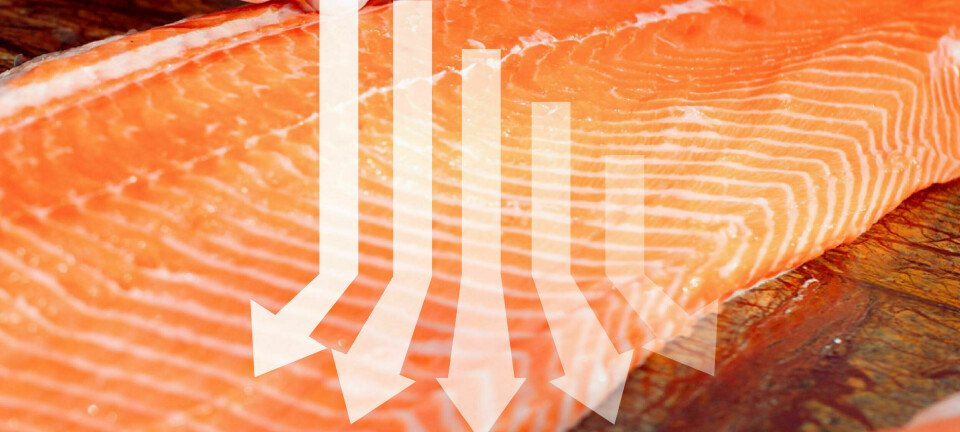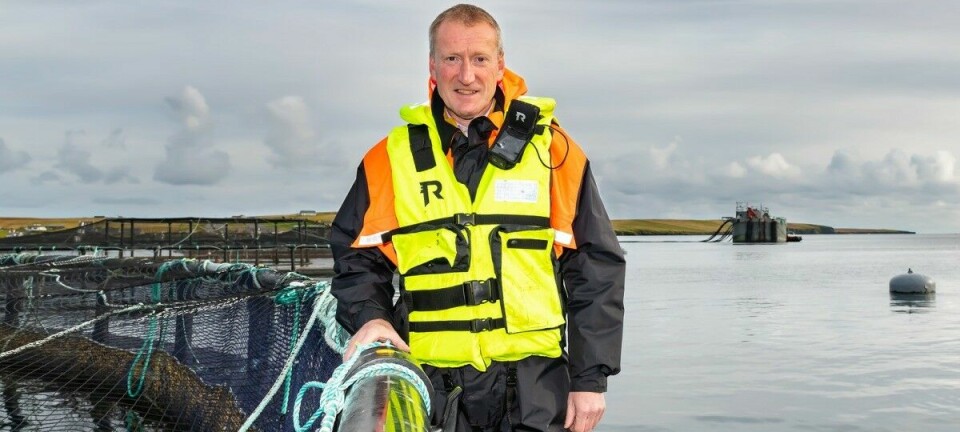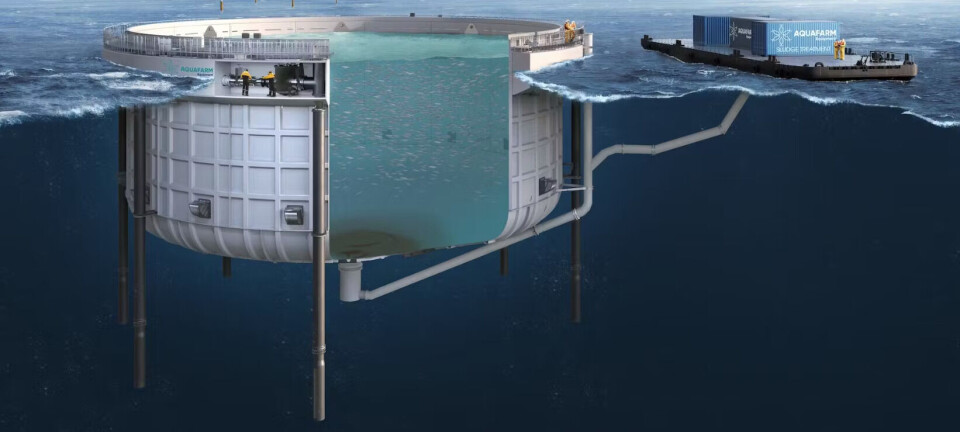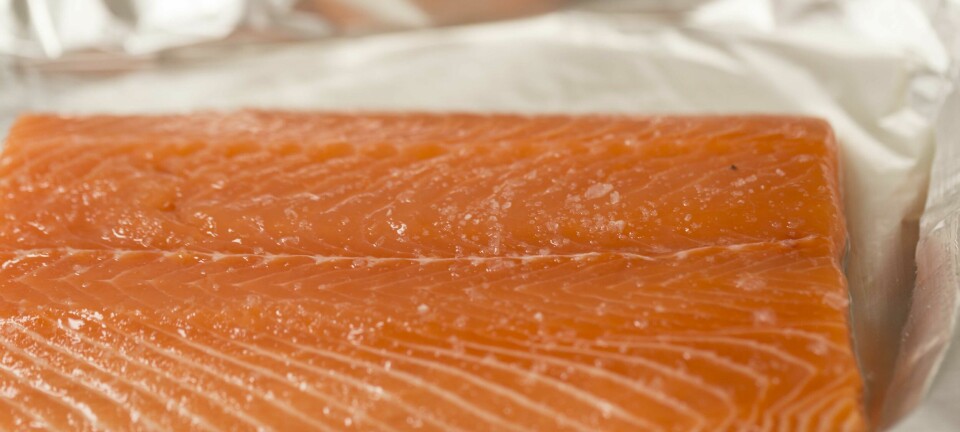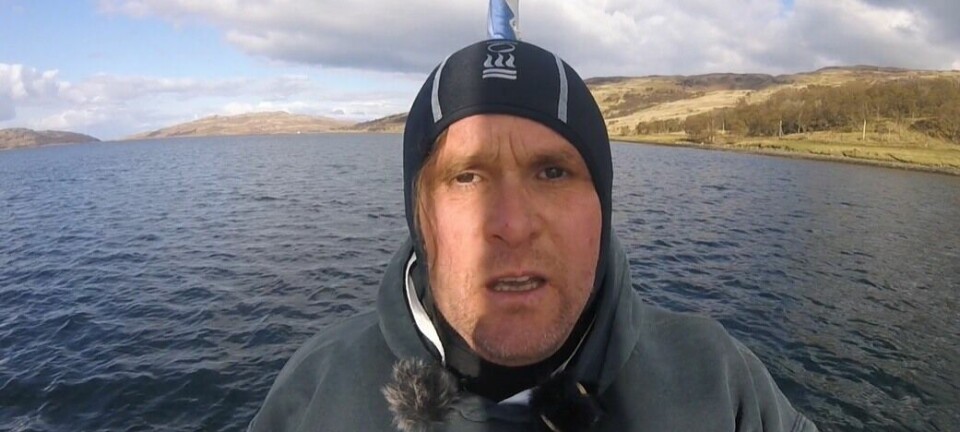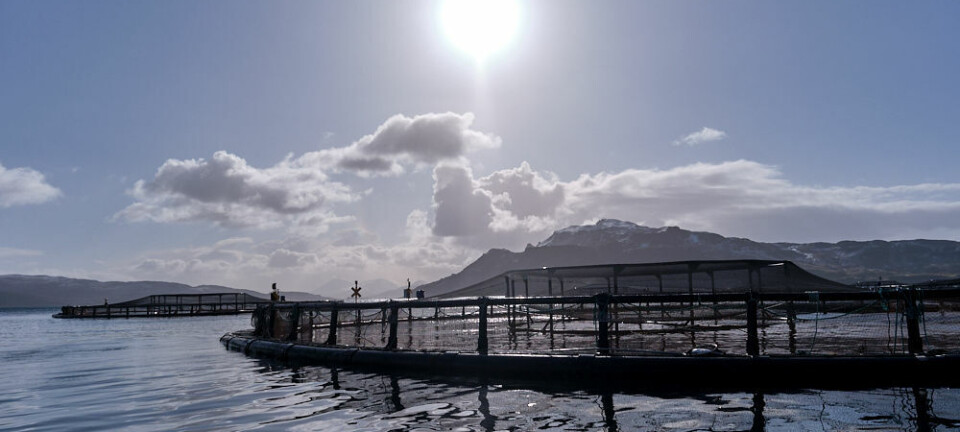
Another Woman in Canadian Aquaculture recognized
Earlier today (September 13) I had the pleasure of accompanying some 14 Norwegian fish farmers with wives to a salmon farm in Clayoquot Sound on the West Coast of Vancouver Island near the scenic village of Tofino. There, biologist Barb Cannon who works for the Canadian-owned Creative Salmon Company gave a thorough and informative presentation about the steps her company has deliberately taken to ensure that their Pacific salmon are raised in an environment of low stress and minimal environmental impact. As an example of their success, Creative Salmon has not used any antibacterial medicines on their fish produced for human consumption since 1991.
On the other side of the country, another woman has made her significant marks within the aquaculture industry, as Clayton Hunt of The Coaster reports in his sixth segment of the series “Women in Aquaculture”;
Roberta Collier of St. Alban’s has been playing a key role in the growth of the Newfoundland and Labrador aquaculture industry since 2003. In that year Collier started working for the Newfoundland Salmon Growers Association that represented finfish aquaculture companies in the Coast of Bays (COB). Collier had been managing the Bayside Marina in St. Alban’s since 1989 and knew many of the players in the aquaculture game. The Association was looking for an office clerk; Collier applied for the position and has been actively involved in the industry since then. She said, “I had an office administration background as I had worked with a marketing department in Ontario for two years. I was a little familiar with the comings and goings of the industry from my work at the marina. I knew the players, I could see the growth of the industry, and I was eager to get involved. “I started out as an office clerk in what was supposed to have been a one-year position. However, I managed to come up with a number of projects to work at the job over a period of years.”
Collier was a busy girl in her aquaculture role in the Bay d’Espoir area. In 2006 she was working part-time for the Salmon Growers Association and for Fortune Bay Aquaculture out of Conne River when the group was owned by a Norwegian company. She was in charge of accounting, human resources, ordering the required transfer permits and licences, fish biomass and benchmarking, feed orders and more. “This work was a great experience for me as it enabled me to work the other side of the industry and actually experience the day to day operations of a private aquaculture company.”
In 2007 Collier’s role with the Salmon Growers Association ended as the group made an agreement with the Newfoundland Aquaculture Industry Association (NAIA) that would allow them to use the St. Alban’s office as a NAIA satellite office. The transition was very smooth for Collier as one day she was working for one company and the next day she was with her new employer – NAIA. “I do a number of different things today in my role as the Regional Coordinator for the NAIA here in the Coast of Bays. However, my biggest role is to be a communications link from the St. John’s office to the aquaculture members down in the COB. We feel that this role is very important given the fact that the finfish aquaculture sector is growing so rapidly down here”.
Collier also organizes events for the NAIA that are held in the COB, and around the province, such as promotional activities, career fairs, and the aquaculture showcases that are held in the area. She also organizes the NAIA’s annual conference and trade show and publishes the association’s magazine –‘The Cold Harvester’. She also plays a key part in organizing the association’s environmental activities such as beach clean-ups that have been held in the area.
Collier said that it is exciting to be a part of a very dynamic and growing industry. She is so interested in her work that she just completed her Business Administration Certificate through Distance Learning that took her four years to complete. “In addition to getting to live in my hometown, I really like to see the economic benefits for all the communities that aquaculture is bringing to the COB. It’s good to see those economic benefits exploding now with double income families, and it’s great to see young people moving back to the area. “There is a very positive energy around this industry which I see all over as I get to visit many schools in promoting aquaculture. Many young people now are realizing the potential of this industry for the future and want to be a part of it. “It’s great to be involved in an industry that young people are excited about and view as a possible way to stay in the province to work in a number of fields related to the growth and sustainability of aquaculture.”




